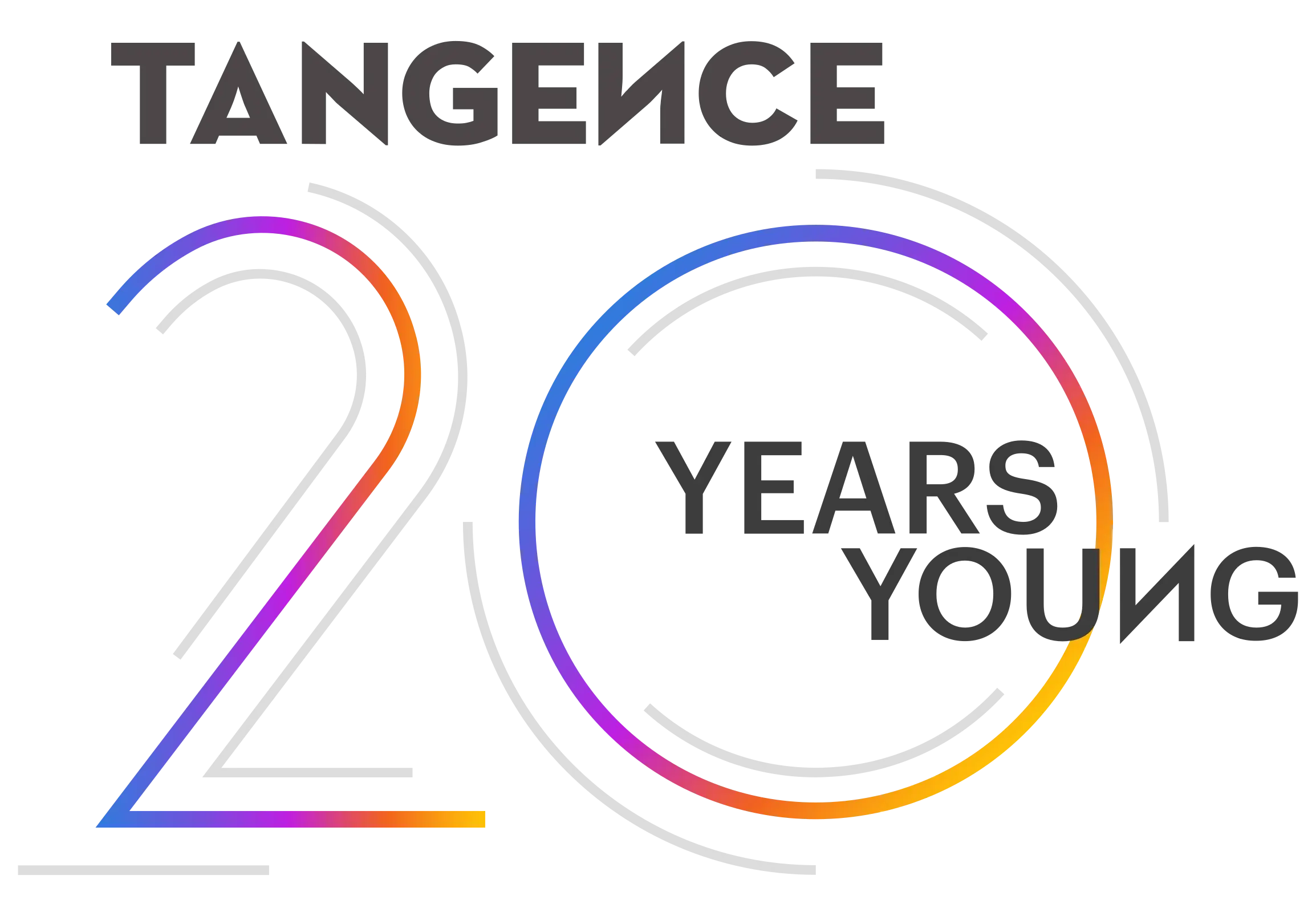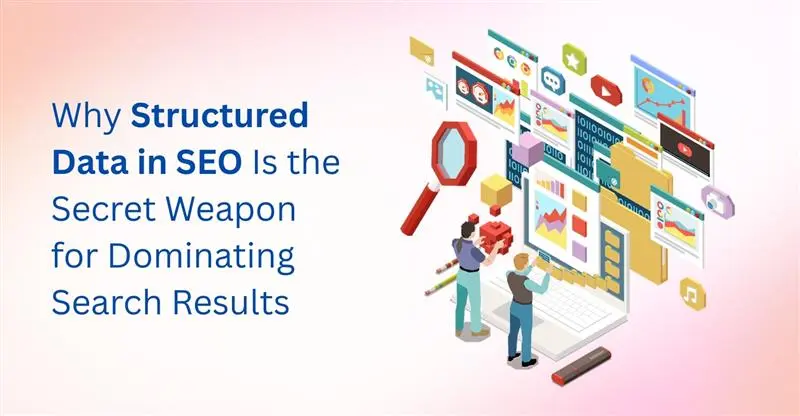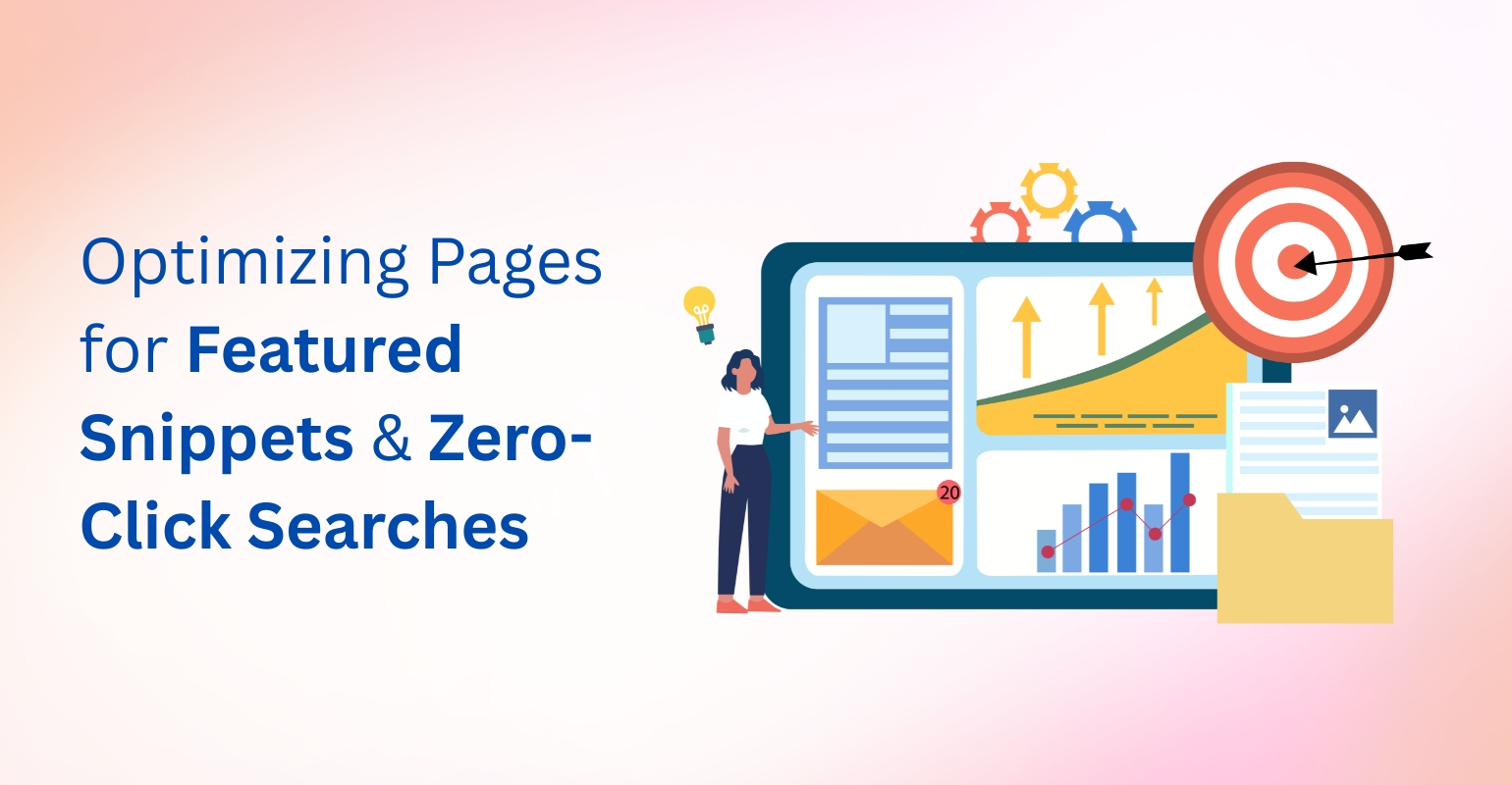blog
Can AI-Generated Content Rank on Google in 2025? What You Need to Know
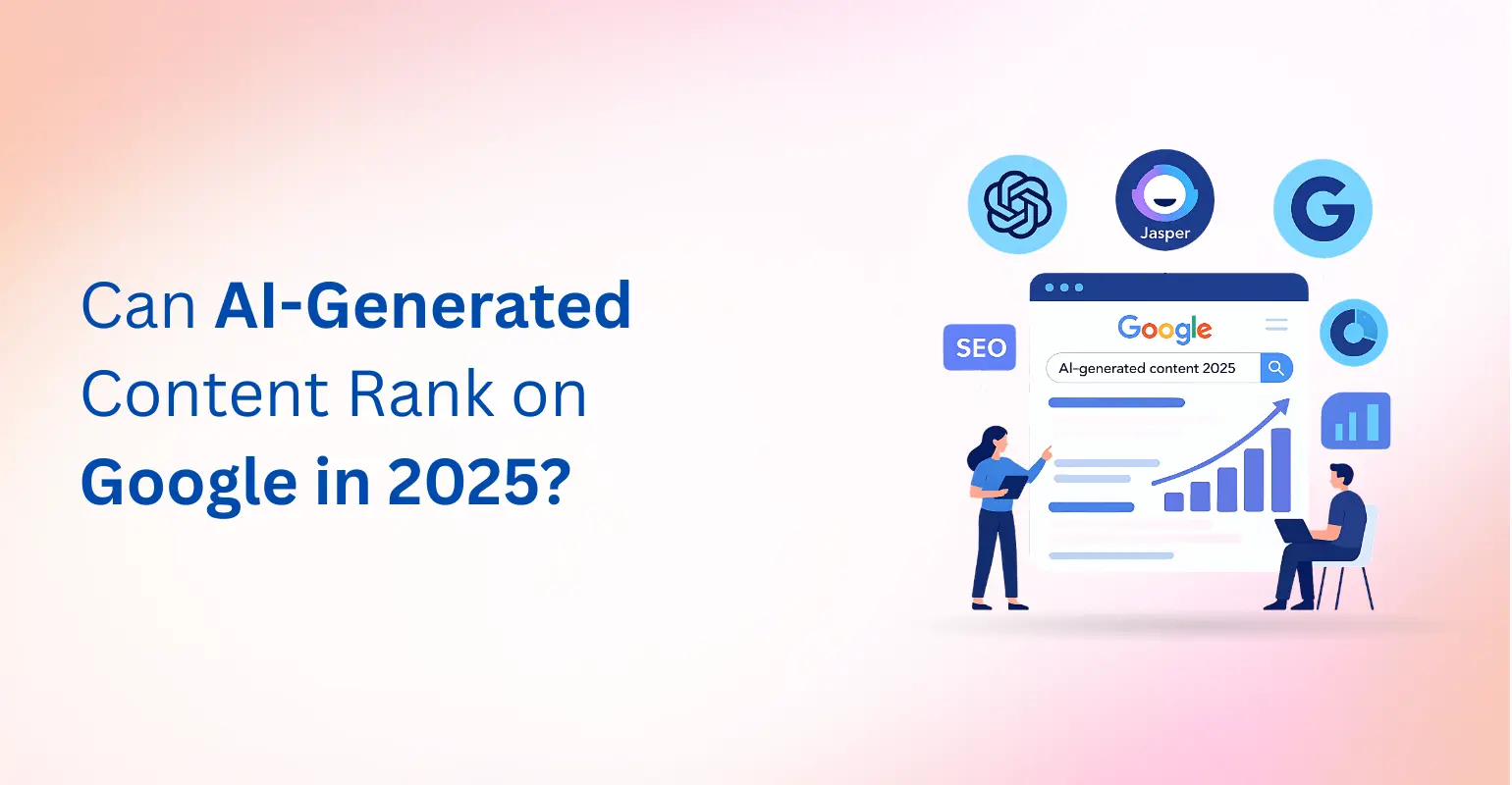
In 2025, AI tools like ChatGPT, Jasper, Claude, and Gemini have become indispensable in digital content workflows from startups to global enterprises. But amid their widespread adoption, a critical SEO question continues to surface:
Can AI-generated content actually rank on Google?
The short answer: Yes, but only when done right.
With Google’s evolving algorithms, it’s no longer about who wrote the content, but how well it serves the user. In this guide, we’ll explore Google’s stance, SEO optimization strategies, real-world case studies, and how to use AI responsibly to improve SERP visibility.
Google’s Official Stance on AI Content (Updated for 2025)
Google has been clear: AI content is not inherently penalized. It evaluates content based on its quality, not the method of creation. That means whether your content is human-written, AI-assisted, or fully machine-generated, what matters most is:
-
How accurately it answers search intent
-
How helpful and original the information is
-
Whether it aligns with E.E.A.T. SEO principles: Experience, Expertise, Authoritativeness, and Trust
In a Google Search Central blog post, the search team explains:
“Using automation including AI to generate content with the primary purpose of manipulating ranking in search results is a violation. However, not all use of automation is considered spam.”
Best practices to follow:
-
Avoid automated content generation just for volume
-
Ensure originality, accuracy, and topical relevance
-
Provide value-driven insights, not keyword-stuffed fluff
Does AI Content Actually Rank? Real-World Data & Case Studies
Let’s move beyond theory and look at real-world results from 2024–2025.
Case Study: Neil Patel’s AI Blog Experiments
Neil Patel’s team published AI-generated blog posts optimized with SurferSEO and targeted toward search engine algorithms.
Results:
-
85% of posts ranked in the top 20 within 30 days
-
Several reached page 1 for medium-competition keywords like “affiliate marketing trends 2024”
Case Study: AuthorityHacker
They compared human vs. AI-written content on different sites, using consistent keyword clusters.
Findings:
-
AI-assisted content, when edited and aligned with user intent, ranked faster
-
Purely AI-written content without human touch often underperformed
These studies show that machine-written content can perform well but editorial oversight is non-negotiable.
Most Top-Ranking Articles Include AI Knowingly or Not
Here’s a fact most SEO agencies know but rarely highlight:
Many top-ranking pages in 2025 are partially created using AI.
Whether it’s content outlines, FAQ generation, or meta descriptions, tools like Copy.ai, Writesonic, and Jasper are widely used in enterprise content marketing workflows.
Combined with tools like Frase.io or Clearscope, AI helps scale content while staying on-brand and SEO content quality–focused.
The secret is no longer “if” AI was used it’s how well it was used.
Key Factors That Help AI Content Rank on Google
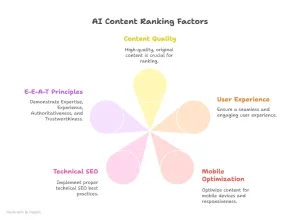
Image Source: Created using Napkin AI
To make AI-generated content rank, focus on user satisfaction, not just word count.
Match Search Intent
Understand what users are really looking for using tools like SEMrush, Ahrefs, or AnswerThePublic.
Add Original Insights
AI tools often lack first-hand experience. Add:
-
Case studies
-
Industry-specific quotes
-
Internal team commentary
Ensure Content Depth
Go beyond 500 words. Address related queries and semantic terms like:
-
NLP content tools
-
SEO content workflow
-
Content freshness and topical authority
Use On-Page SEO Techniques
-
Structured headers (H1 to H3)
-
Optimized meta descriptions
-
Internal linking to relevant service or pillar pages
-
Optimized images with alt text
Align with EEAT
Especially for YMYL (Your Money, Your Life) topics (health, finance, law):
-
Include author bios
-
Cite trustworthy external sources
-
Link to editorial reviews or disclaimers
Common Mistakes That Prevent AI Content from Ranking
Even with AI’s power, some avoidable SEO mistakes still sabotage content:
Publishing Raw Output
Unedited AI can sound robotic, repetitive, or misinformed.
Keyword Stuffing
Using target keywords excessively, especially in YMYL niches, triggers ranking penalties.
Repetitive or Thin Content
Without content depth or semantic variation, Google sees little value.
No Visual Engagement
Walls of text hurt UX. Include:
-
Infographics
-
Embedded videos
-
Charts and tables
Skipping Fact-Checking
Unverified content especially in niches requiring content authenticity erodes trustworthiness signals.
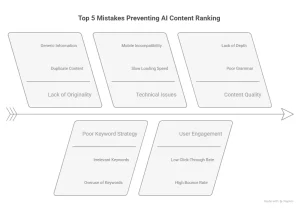
Image Source: Created using Napkin AI
Final Thoughts
In 2025, AI-generated content is no longer a novelty it’s a standard part of modern SEO and digital publishing. But while AI can scale content production, ranking on Google still demands human judgment, strategic SEO, and value-driven content.
If you’re aiming to make AI work for your brand not against it, you need more than just tools. You need a well-defined workflow that includes user intent alignment, on-page SEO, original insights, and ongoing optimization.
At Tangence, we specialize in crafting SEO strategies that combine AI efficiency with human creativity. Whether you need AI-assisted blog creation, content audits, or complete SEO management, our team ensures every piece is optimized to rank and resonate.
Need Help Making AI Content Rank?
Our SEO experts at Tangence craft content strategies that combine human creativity with AI efficiency. Let’s grow your visibility together.
FAQs About AI-Generated Content
Q1: Does Google penalize AI-generated content?
No. Google penalizes low-quality or manipulative content, not AI-generated content specifically.
Q2: Can AI-written blogs rank without editing?
Technically yes, but it’s risky. Human editing and optimization are crucial for long-term success.
Q3: Is AI content safe for finance, health, or legal topics?
Only with expert input, proper citations, and alignment with EEAT standards.
Q4: How can I test if my AI content is SEO-optimized?
Use tools like SurferSEO, Clearscope, or Originality.ai to assess structure, keyword relevance, and uniqueness.
Q5: Can Google detect AI-generated text?
Possibly, but detection alone doesn’t lead to penalties. Google cares more about helpfulness and accuracy.
